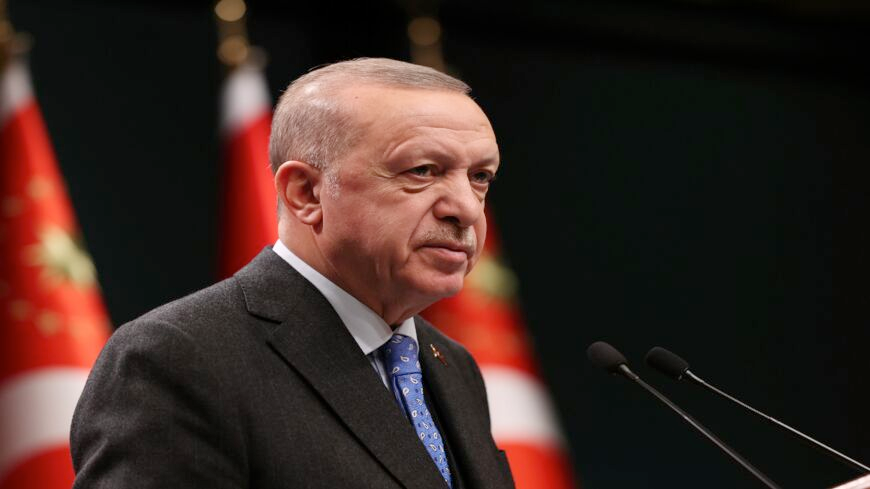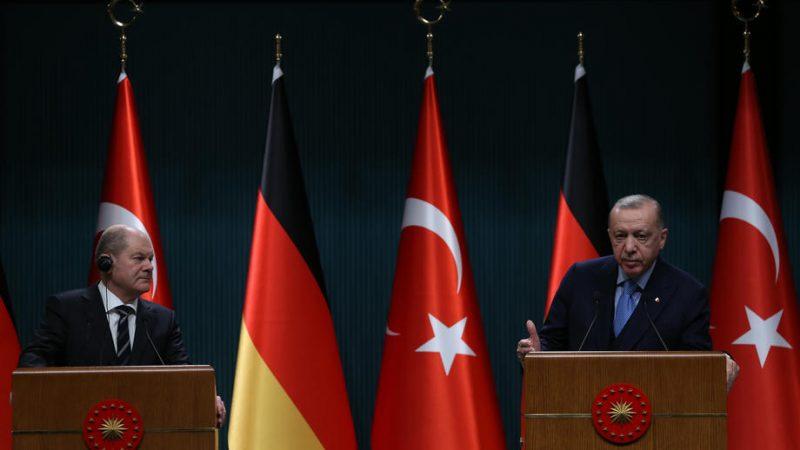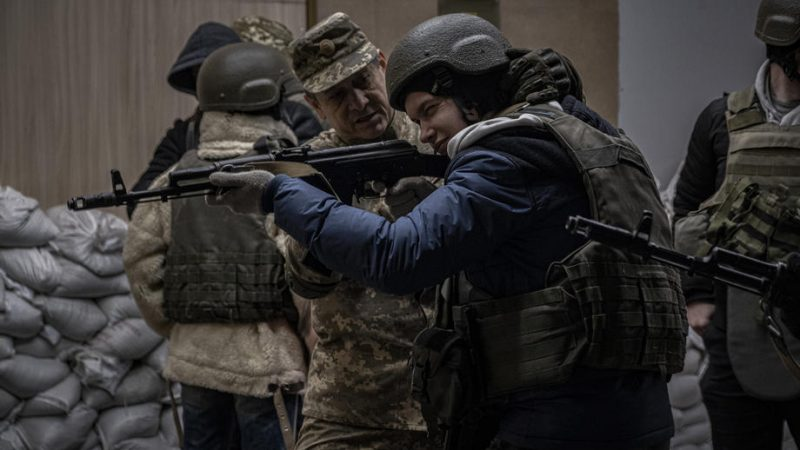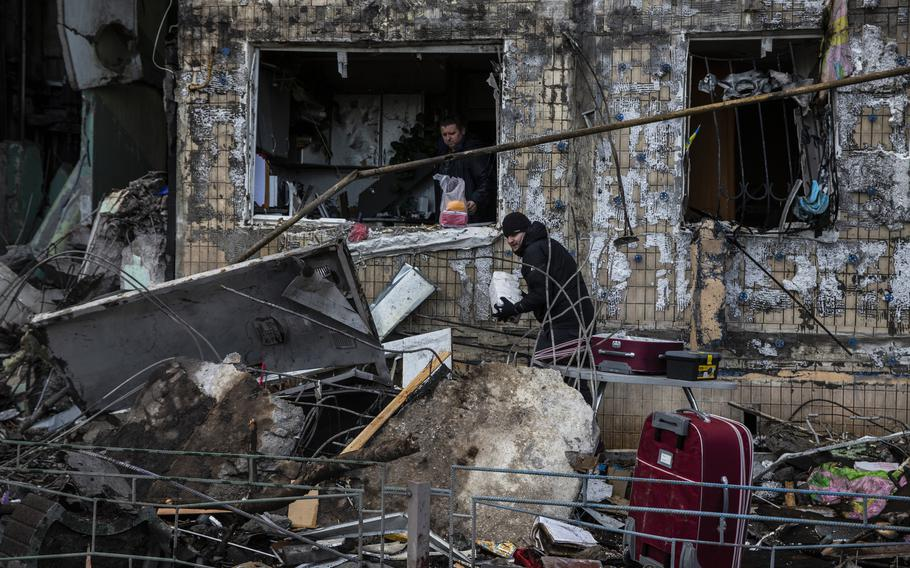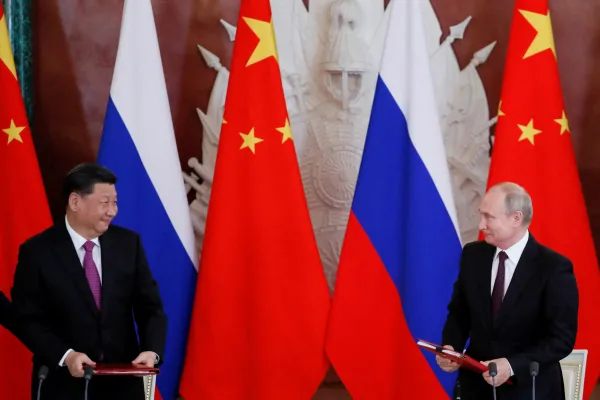Putin Hums ‘Georgia On My Mind’ – Analysis
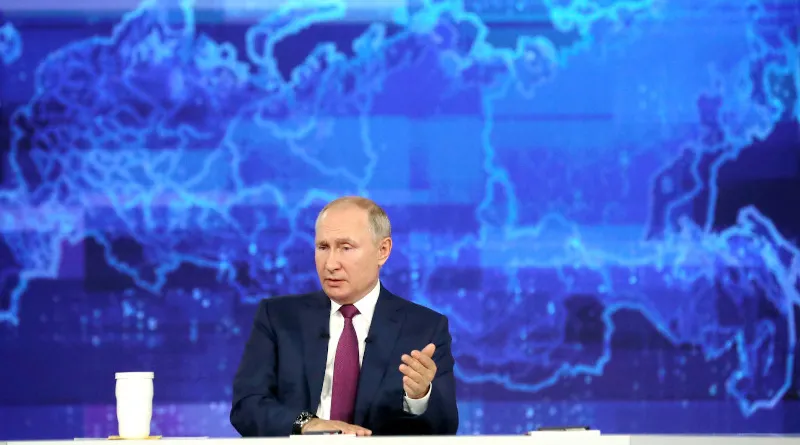
What did Russian President Vladimir Putin think when he ordered his troops into Ukraine? Ray Charles’ ‘Georgia on mind’ must have been humming in his head.
A slightly altered version, ‘Palestine on my mind,’ was undoubtedly on Egyptian athlete Ali Farag’s mind when he condemned the Russian invasion of Ukraine on Sunday as he won Britain’s Optacia squash championship.


